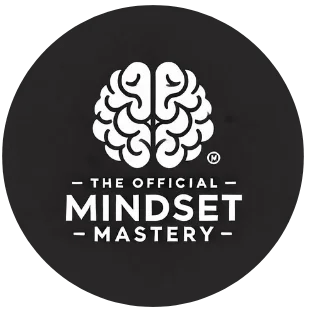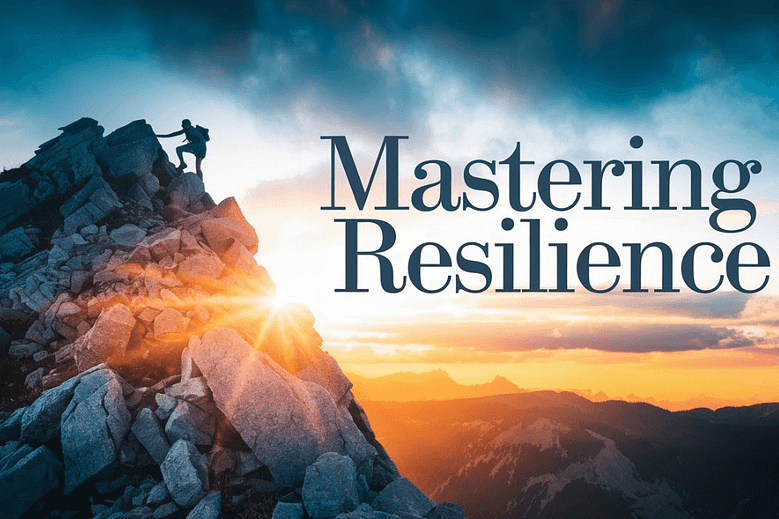In today’s fast-paced world, the ability to bounce back from adversity is more crucial than ever. Resilience training programs have emerged as powerful tools to cultivate mental toughness and adaptability. These programs equip individuals with the skills to navigate life’s challenges and thrive in the face of uncertainty. According to the American Psychological Association, resilience is not a trait that people either have or don’t have, but rather a set of behaviors, thoughts, and actions that can be learned and developed over time.
The science behind resilience training
Resilience training programs are grounded in scientific research and psychological principles. These programs focus on developing key areas that contribute to mental toughness and adaptability :
- Cognitive flexibility
- Emotional regulation
- Social support
- Problem-solving skills
- Self-efficacy
A landmark study published in the Journal of Occupational Health Psychology in 2011 found that resilience training programs can significantly reduce stress and improve well-being among employees. The research showed a 24% decrease in stress-related symptoms and a 22% increase in overall job satisfaction among participants who completed a resilience training program.
Resilience training programs often incorporate elements of cognitive-behavioral therapy (CBT), mindfulness practices, and positive psychology. These evidence-based approaches help individuals reframe negative thoughts, manage stress effectively, and build a more optimistic outlook. By focusing on these areas, participants learn to :
- Identify and challenge unhelpful thought patterns
- Develop coping strategies for stressful situations
- Cultivate a growth mindset
- Enhance problem-solving abilities
- Build stronger social connections
As Thomas Harper, a renowned expert in mindset and personal growth, often emphasizes in his writings, “Resilience is not about avoiding stress but learning to thrive in its presence.” This perspective aligns perfectly with the core principles of resilience training programs, which aim to transform challenges into opportunities for growth and development.
Top resilience training programs for mental toughness
Several renowned resilience training programs have gained recognition for their effectiveness in boosting mental toughness and adaptability. Here’s a comparison of some top programs :
| Program Name | Duration | Key Focus Areas | Delivery Method |
|---|---|---|---|
| Penn Resilience Program | 8-12 weeks | Cognitive restructuring, problem-solving | In-person workshops, online modules |
| SMART Program (Stress Management and Resilience Training) | 4-6 weeks | Mindfulness, emotional intelligence | Virtual sessions, mobile app |
| Comprehensive Soldier Fitness | Ongoing | Physical, emotional, social, spiritual, family resilience | On-site training, e-learning |
| HeartMath Resilience Advantage | 2-3 days | Heart coherence, energy management | Workshops, self-paced online courses |
The Penn Resilience Program, developed at the University of Pennsylvania, has been widely adopted by organizations and schools worldwide. This program focuses on teaching cognitive-behavioral skills to enhance resilience and prevent depression. Participants learn to identify and challenge negative thought patterns, improve problem-solving skills, and cultivate a more optimistic outlook.
The SMART Program, created by the Mayo Clinic, emphasizes mindfulness and emotional intelligence as key components of resilience. This program has shown remarkable results, with participants reporting a 40% reduction in perceived stress and a 20% improvement in quality of life after completing the training.
Drawing from his experience as a consultant at McKinsey & Company, Thomas Harper often highlights the importance of tailored resilience programs for different industries. He notes, “The most effective resilience training programs are those that address the specific challenges faced by individuals in their unique work environments.”
Implementing resilience training in everyday life
While structured programs offer comprehensive resilience training, there are numerous ways to incorporate resilience-building practices into daily routines. Here are some strategies that can be easily implemented :
- Mindfulness meditation : Regular practice can improve emotional regulation and reduce stress.
- Gratitude journaling : Focusing on positive experiences can boost optimism and resilience.
- Physical exercise : Regular workouts enhance mood and increase stress tolerance.
- Social connection : Building and maintaining strong relationships provides crucial support during challenging times.
- Goal setting : Setting and working towards achievable goals builds self-efficacy and perseverance.
Incorporating these practices into daily life can significantly enhance resilience over time. As Thomas Harper often emphasizes in his blog, Mindset Mastery, “Resilience is not built overnight, but through consistent small actions that compound over time.”
It’s worth noting that resilience training is not just for individuals facing significant adversity. In fact, developing resilience skills proactively can prepare you for future challenges and enhance overall well-being. The World Health Organization (WHO) recognized the importance of resilience in its 2019 report on mental health in the workplace, highlighting resilience training as a key strategy for promoting employee well-being and productivity.
By embracing resilience training and incorporating its principles into your life, you can develop the mental toughness and adaptability needed to thrive in today’s complex world. Remember, resilience is not about avoiding stress or challenges, but about developing the skills and mindset to navigate them effectively and emerge stronger on the other side.





